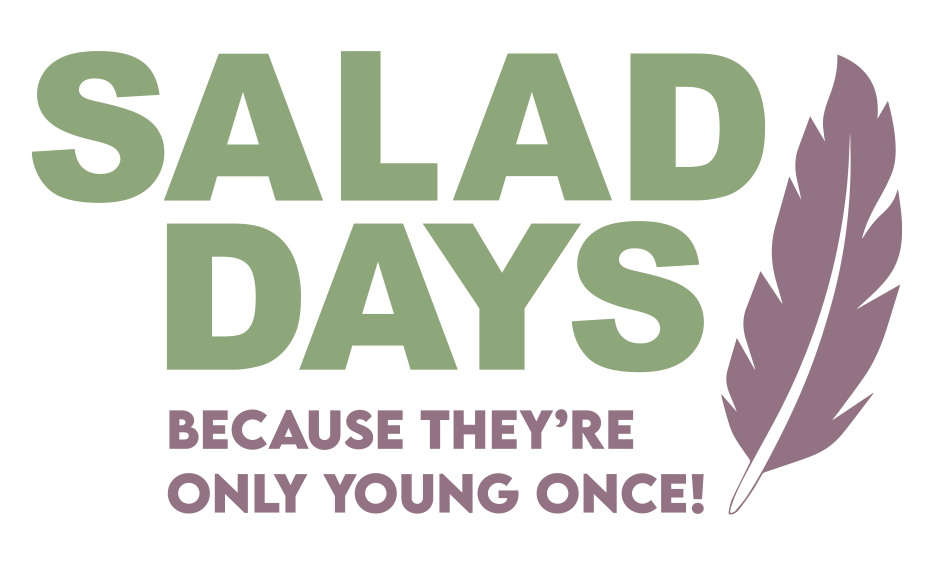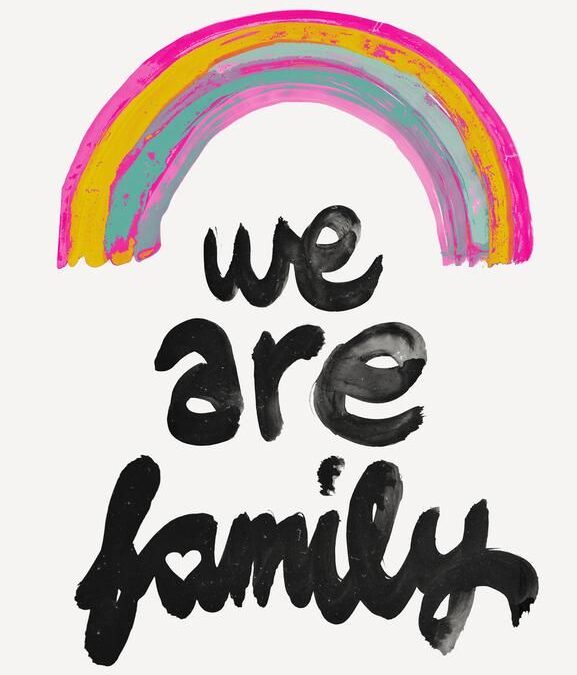Embracing Family Diversity: Evolving Language in Family Law
Family dynamics have evolved significantly in recent years, encompassing a wide array of structures and circumstances. Single parents, same-sex couples, and families formed through surrogacy have become an integral part of this diverse landscape.
A decade ago, a significant milestone was achieved when same-sex couples were granted the right to marry, breaking barriers and fostering inclusivity in family formation. Now, in 2023, new legislation addressing surrogacy laws further embraces family diversity, ensuring equal opportunities for all individuals to experience parenthood.
In tandem with these societal changes, family law language has adapted to be more inclusive and accessible. The terminology surrounding divorce cases underwent updates, replacing gender-specific terms with neutral alternatives. This not only streamlines legal proceedings but also promotes understanding and ease of access for all parties involved.
Moreover, the evolution of language extends to birth certificates and surrogacy agreements. The use of gender-neutral terms like “parent” or “guardian” is becoming more prevalent, acknowledging the complexity of modern parenthood. In surrogacy cases, “intended parents” now represent those seeking legal parenthood through surrogacy arrangements.
Promoting inclusive language in family law is crucial for fostering empathy and support within society. By recognising and embracing diverse family structures, we ensure that all individuals and families receive the respect and legal protection they deserve.
The changing landscape of family dynamics has prompted a corresponding evolution in legal language. The inclusion of various family structures, be it through same-sex marriage or surrogacy legislation, reflects a more compassionate and supportive approach to family law. By updating legal language to be more accessible and inclusive, family lawyers pave the way for a compassionate and supportive legal system, ensuring that every individual’s rights and emotions are respected and protected, regardless of their unique family circumstances.


